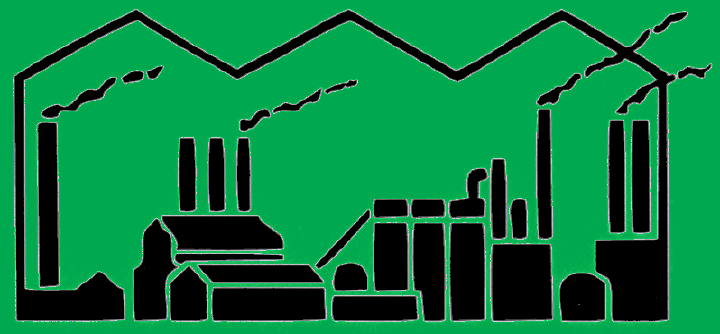RRM

2013 Rustbelt RNA Meeting
RRM

Poster abstracts
Abstract:
tRNAs are major components of the cell’s protein synthesis machinery. In addition to this essential role in gene expression, they also contribute to other diverse functions including protein degradation, apoptosis, cellular response to stress, and tumorigenesis. tRNAs are transcribed in the nucleus. After the removal of the 5’ and 3’ ends and the addition of CCA and some modifications, tRNAs are exported to the cytoplasm where they complete their biogenesis and fulfill their functions. In both yeast and vertebrate cells, the subcellular movement of tRNAs involves the initial export of tRNAs from the nucleus to the cytoplasm, retrograde nuclear import of cytoplasmic tRNAs, and re-export of the imported tRNAs back to the cytoplasm. Although tRNAs have been studied for decades, some major players in tRNA metabolism and subcellular movement remain unknown. For example, there is an unknown nuclear export pathway for intron-containing tRNAs in yeast. The overall aim of this study is to identify and characterize all the missing gene products involved in tRNA biology, using yeast, S. cerevisiae, as a model organism. Our strategy is to conduct a genome-wide assessment of the impact of every gene upon tRNAs utilizing the yeast deletion and temperature-sensitive (ts) collections. To conduct this screen in a timely fashion, we developed a rapid and sensitive method for genome-wide analysis of small RNAs from strains in the mutant collections (Wu et al., Yeast). To date, all the 4848 mutants in the deletion collection have been analyzed; candidates that affect tRNA biology have been identified and verified. For example, there are several novel candidates involved in tRNA biosynthesis steps including 5' and 3' end processing of the initial transcript and removal of introns in the cytoplasm. This study will uncover important factors that function in tRNA metabolism and intracellular trafficking, which will contribute to a better understanding of the complexity of tRNA biology.
Keywords: tRNA, genome-wide analysis